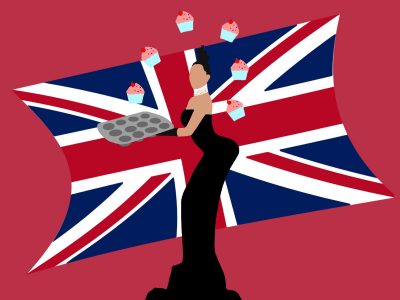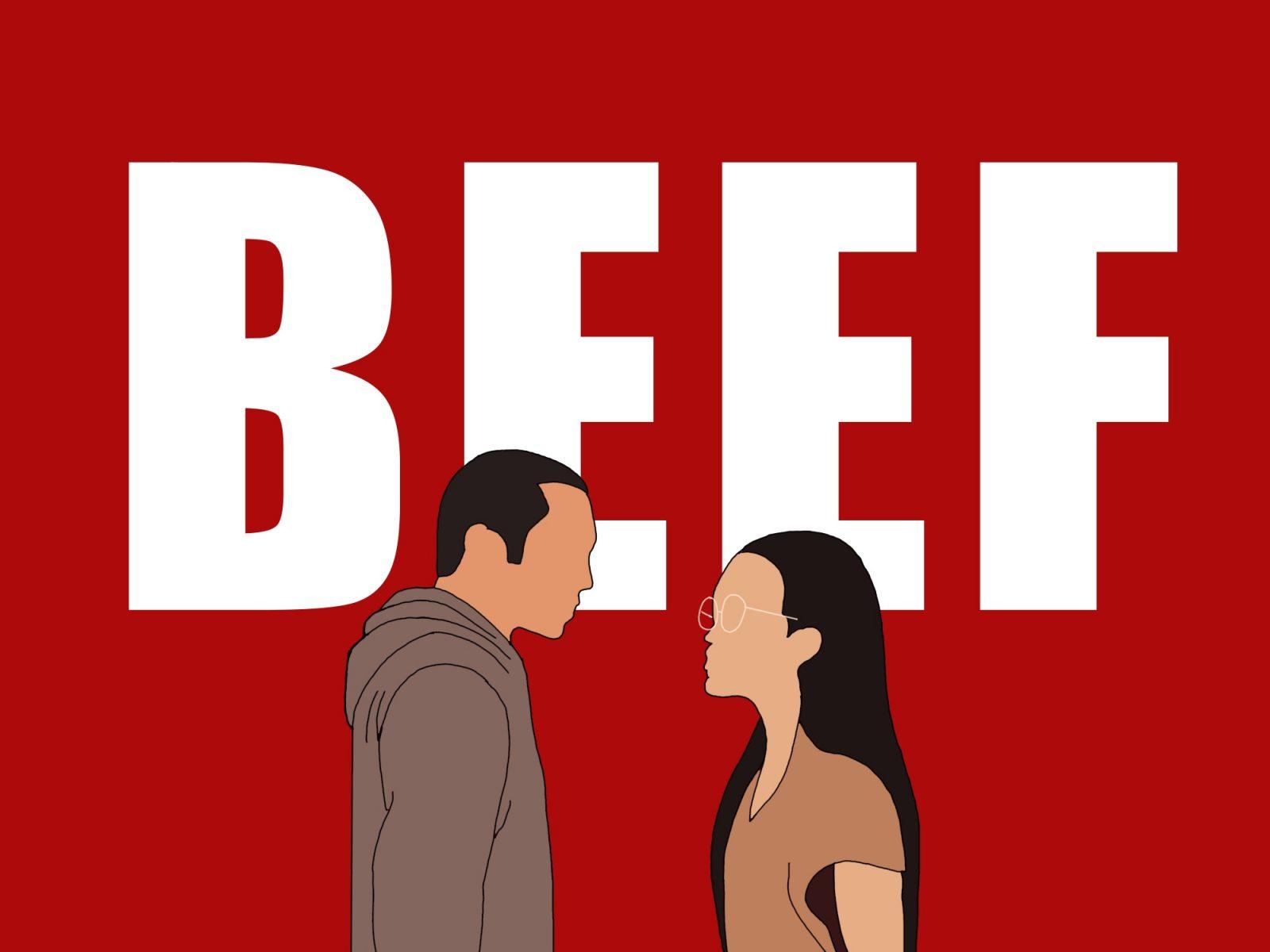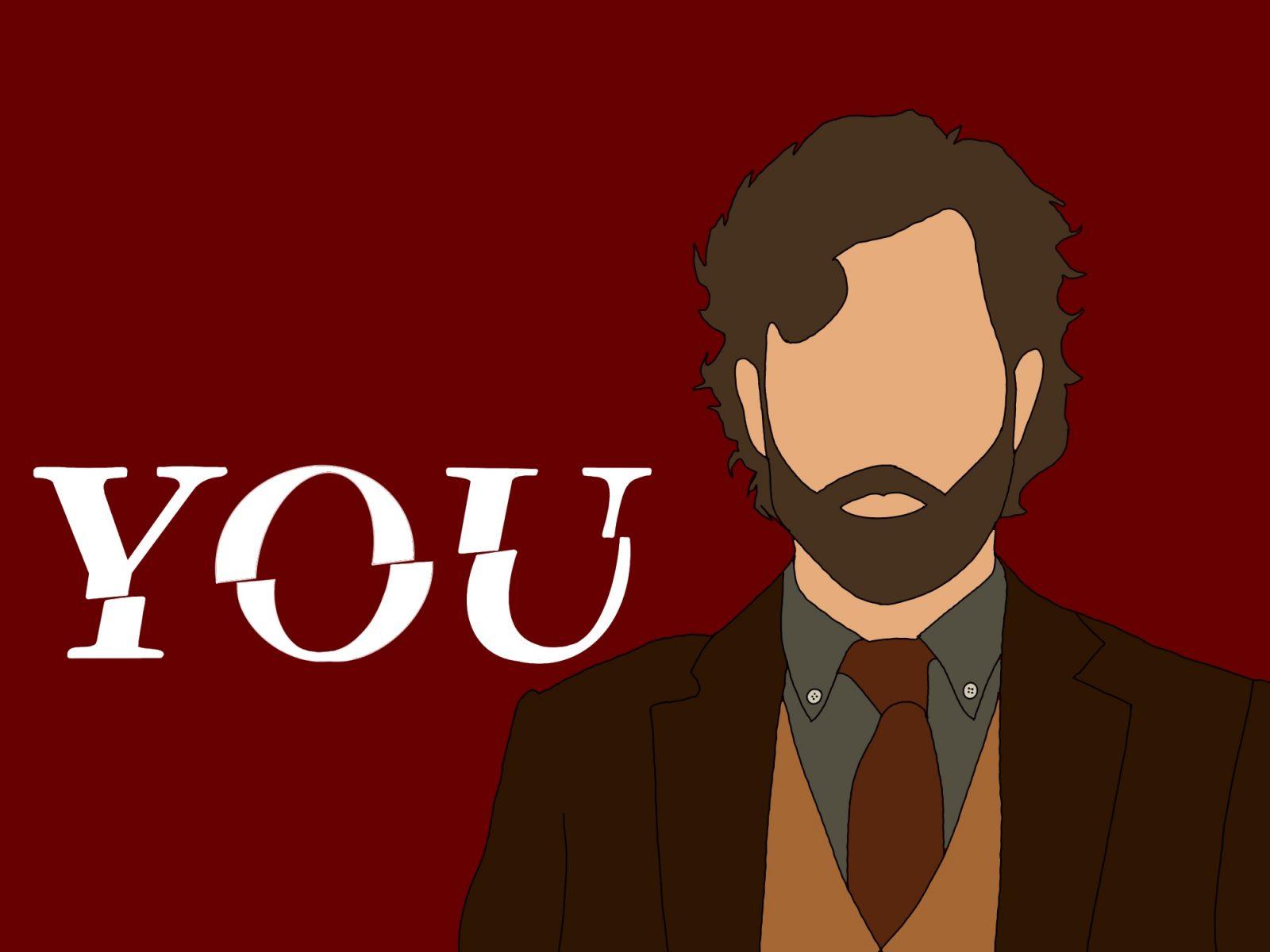Culture is an interesting thing. Expressed through food, music, dance and even relationship dynamics, we find traces of culture interspersed where we least expect them. One of the most intriguing and complex places to find these cultural strands is film.
Film is one of the most powerful communication mediums, so it’s no surprise that subtle nods to different cultures exist within the visual realm of film. Sometimes the details are glaringly evident. The ceviche plate represents Peruvian cuisine, and the introduction of samurai characters alludes to Japanese history.
Other times, cultural details are cleverly concealed, and it takes patience to uncover them. Most of the time, these details do more than just express stereotypical cultural traits. They connote the subtleties within that culture: the hidden foundations that support it.
Take “The Great British Bake Off” — the quintessential British show has become so popular among a global audience that it fueled the creation of its American and Canadian variations. For those unaware of the existence of the iconic show, it features a group of amateur bakers who are crammed in a tiny tent to bake their hearts off and compete for nine whole weeks — the prize: an overrated glass cake stand.
The show is blatantly British. Not only are the bakers taken to the British countryside, but they compete on the lawn of a traditionally beautiful English estate. And the tent, saturated with British flags proudly hanging from the ceiling, is the backdrop to reaffirm the location of the show. From the beginning, the show’s message is evident: this is England, and we are a proud nation.
British cultural display on the show expands further. Not only does it express British nationalism, but it presents the traditional English sentiment of turning back the clock. Having lived in England for three months during the summer, I quickly realized the simple fact — the British are obsessed with the past.
A long-standing monarchy, a love of traditional teatime ceremonies and a strong push towards Brexit are all evidence that England idealizes tradition and consistency. How does “The Great British Bake Off’ connote British history, you might ask? It does so by emphasizing the pastoral idyll and reinforcing social class, two notions heavily intertwined.

During the early 18th century, social class was expressed through real estate in England. Money meant a house in the spacious green countryside far away from the overcrowded and sickness-struck cities. And with money came additional leisure time — or baking time.
The show mimics this notion. “The Great British Bake Off” is an idealized reinvention of the British past through the location — a Victorian country house in Hatfield Heath. With the vast expensive-looking estate looming over the small tent, there is an augmented allusion to social class, specifically the upper class. Hence, the show is a battle to reinstate conventional British class ideologies and create an image of a traditional nation by displaying the perfect upper-class laidback baking-filled lifestyle.
Just as “The Great British Bake Off” illustrates an appeal toward a traditional nation, American shows like “Keeping Up With the Kardashians” do quite the opposite. A lavish representation of wealth, “Keeping Up With the Kardashians” is a truthful illustration of American consumerism and greed for material wealth. But the show does more than just reflect the superficial values, as they represent a more complex American sentiment: a push to change.
While “The Great British Bake Off” worships tradition, “Keeping Up With the Kardashians” revels in breaking tradition through ever-changing body standards, fashion choices, and a visual representation of class ascension. Amidst the changes, there is one constant variable – the significant role of the individual.
As the most popular family in American reality television, the Kardashians display the contemporary American dream: you are in control of your own destiny. While the British focus on collective power through an emphasis on socioeconomic class, the Kardashian family declares that power is in yourself.
Don’t like your body? Change it. Want to ascend social class? Mingle with influential people. If you have a problem, find a solution and, most importantly, do it yourself. While “The Great British Bake Off” spends time displaying competition among a community of bakers, the Kardashians feature the sisters as individuals: taking selfies, showing their wardrobes, or going about their day.
Hence, what do these shows say about their perspective cultures? While England appreciates tradition, the United States, honing a DIY attitude, embraces the American dream of radical change fueled by the individual.





























































































































